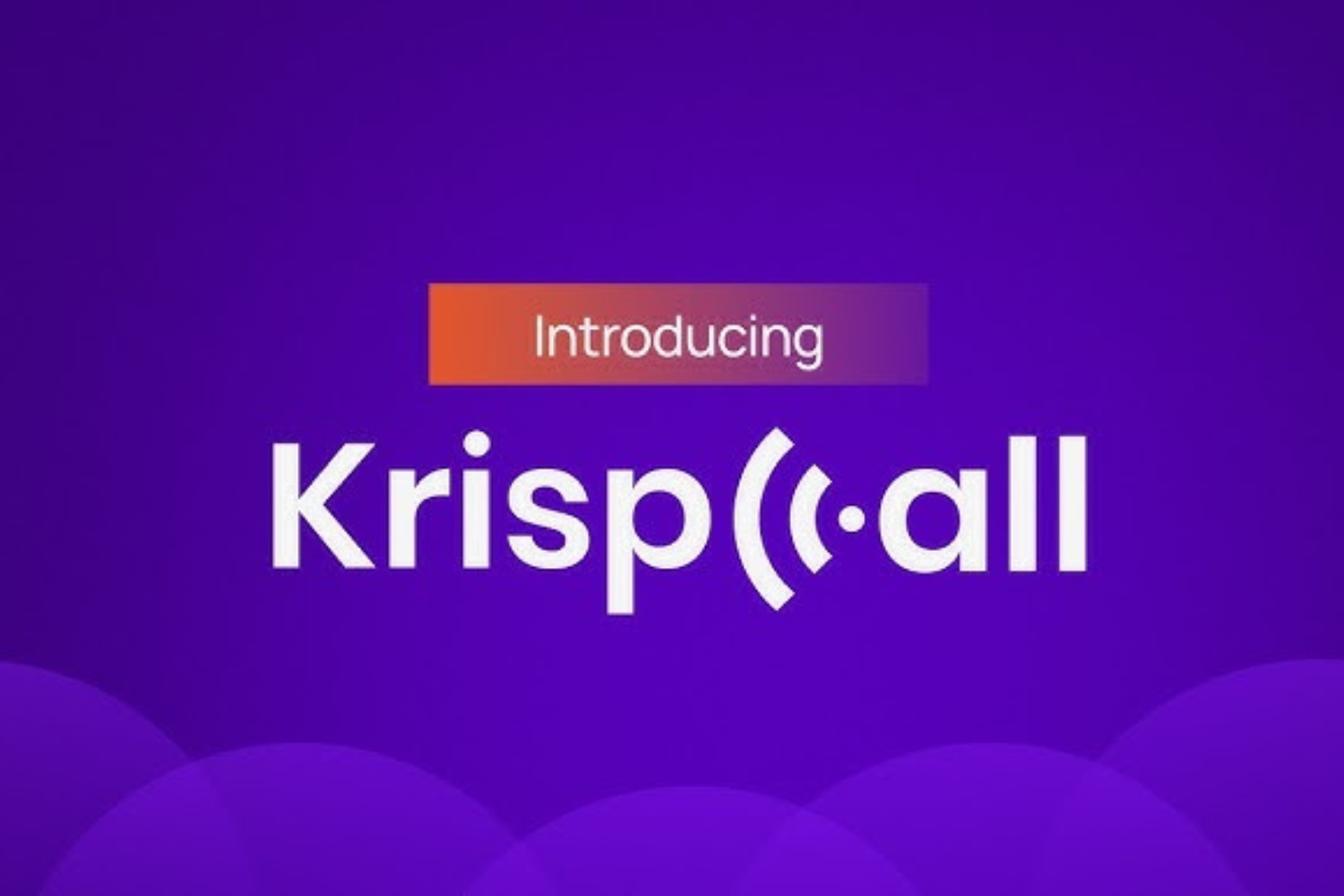In today’s fast-paced business environment, Project Management Tools are crucial in ensuring the successful execution of tasks, meeting deadlines, and achieving desired outcomes. With the advent of technology, project management tools and software have become indispensable for businesses across various industries. This article explores popular project management tools like Trello, Asana, and Jira, highlighting their benefits, features, and best practices for effective utilization.
In an era of remote work and geographically dispersed teams, project management tools have revolutionized how teams collaborate and manage tasks. These tools provide a centralized platform for planning, organizing, and tracking projects, making it easier for teams to stay on top of their work and ensure efficient project execution.
The Overall Project Management Tools And Software Benefits To Business
1. Streamlined Communication And Collaboration
One of the significant advantages of project management tools is facilitating streamlined communication and collaboration among team members. These tools offer features like real-time messaging, comment threads, and notifications, enabling team members to communicate effectively, share updates, and seek clarifications all in one place. This eliminates the need for lengthy email chains and helps maintain a clear line of communication.
2. Efficient Business Operations Management
Project management tools excel in helping teams manage tasks efficiently. They allow for the creation of task lists, assignment of responsibilities, and setting of deadlines. With features like task prioritization, progress tracking, and reminders, these tools ensure everyone knows their tasks and deadlines, fostering accountability and productivity.
3. Improved Business Projects Organization
Effective project organization is crucial for successful project management. Project management tools provide a structured framework to organize tasks, files, and project-related information. Teams can create project boards, categorize tasks into lists or panels, and attach relevant documents and files. This helps maintain a centralized repository of project-related information, making it easily accessible and reducing the chances of misplacing or losing important data.
4. Enhanced Accountability And Data Tracking
Project management tools offer visibility into the progress of tasks and projects. Team members can track the status of jobs, view project timelines, and identify bottlenecks or areas requiring additional resources. This transparency promotes accountability and enables project managers to make data-driven decisions, ensuring projects stay on track and meet their objectives.
Trello Tool Overview
Features And Functionality
Trello is a widely famous project management tool known for its clarity and ease of use. It utilizes a board and card system, where each card represents a task or an item to be completed. Users can create boards to define different projects or workflows and populate them with cards that can be moved across various stages or lists. Trello’s user-friendly interface allows teams to collaborate seamlessly. Users can add comments, attachments, checklists, and labels to cards, making providing context and tracking progress easy. Additionally, Trello integrates with numerous other applications and offers power-ups to extend its functionality.
Use Cases And Benefits
Trello is versatile and can be used for many projects and workflows. It is particularly well-suited for small to medium-sized teams that value simplicity and visual organization. Some everyday use cases of Trello include project management, content planning, task tracking, event coordination, and agile workflows. The key benefits of using Trello include improved team collaboration, enhanced visibility into project status, and a flexible framework that can be tailored to fit various project management methodologies.
Asana Tool Overview
Key Features And Capabilities
Asana is a robust project management tool designed to help teams manage their work and projects effectively. It offers comprehensive features, including task creation and assignment, project timelines, Kanban boards, and custom fields. Asana also supports integrations with popular productivity and communication tools. Asana’s strength lies in its ability to handle complex projects with multiple dependencies and milestones. It provides a range of views, such as list, board, and timeline, to suit different project management needs.
Project Management Advantages
Asana excels in providing teams with a centralized hub for all project-related information. It enables teams to break down projects into smaller tasks, assign responsibilities, and track progress. Asana’s timeline view helps visualize project milestones and critical paths, allowing project managers to make informed decisions and adjust timelines if needed—the tool’s advanced search and filtering capabilities further aid in efficiently finding and organizing project data.
Jira Tool Overview
Project Tracking And Issue Management
Jira is a widely used project management tool primarily focused on software development and agile methodologies. It offers robust features for issue tracking, project management, and agile workflows. Still, Jira utilizes a flexible framework of issues, allowing teams to track tasks, bugs, user stories, and more. Jira’s workflow engine enables teams to define custom workflows that align with their development processes. It provides options for issue assignment, prioritization, and progress tracking, making it a powerful tool for managing software development projects.
Integration With Agile Methodologies
Jira is especially popular among teams practicing agile methodologies like Scrum or Kanban. It offers sprint planning boards, scrum boards, and backlog management, allowing teams to effectively plan, execute, and track agile projects. Jira’s reporting and analytics capabilities provide valuable insights into team performance and project progress, facilitating continuous improvement.
Integrating Project Management Tools With Other Software Solutions
When selecting a project management tool, several factors should be considered. These include the nature of the project, team size, desired features, integration capabilities, budget constraints, and ease of use. It is crucial to evaluate each tool’s suitability based on the specific requirements and objectives of the project. Trello, Asana, and Jira are three popular project management tools.
Trello is known for its simplicity and visual organization, making it ideal for small teams and simple workflows. Asana provides a comprehensive feature set suitable for managing complex projects and enabling collaboration. Jira is favored by software development teams practicing Agile Methodology due to its robust issue tracking and agile project management capabilities.
A few more integrations:
- CRM And Project Management Integration: To maximize efficiency, project management tools can be integrated with other software solutions, such as Customer Relationship Management (CRM) systems. This integration allows for seamless data flow between the two, eliminating the need for duplicate data entry and enhancing collaboration between project and customer teams.
- Collaboration And Communication Tools: Project management tools can also be integrated with collaboration and communication tools like Slack, Microsoft Teams, or Google Workspace. This integration ensures that project-related discussions and updates are readily accessible within the communication platform, promoting real-time collaboration and reducing information silos.
The Best Practices For Effective Project Delivery With Management Tools
- Establishing Clear Project Goals and Objectives: Before utilizing project management tools, it is essential to establish clear project goals and objectives. This clarity provides a solid foundation for planning, task allocation, and tracking progress. Clearly defined plans help teams stay focused and aligned throughout the project lifecycle.
- Assigning Responsibilities and Setting Deadlines: Assigning responsibilities and setting deadlines ensures that each team member understands their role and contributes to the project’s success. Project management tools allow for easy assignment of tasks and deadlines, enabling efficient collaboration and accountability.
- Regularly Monitoring Progress and Making Adjustments: Monitoring project progress is crucial for identifying bottlenecks, addressing issues, and making necessary adjustments. Project management tools provide real-time visibility into task status, allowing project managers to manage risks and ensure timely project delivery proactively.
Some Most Common Project Management Tools Challenges And How To Overcome Them
- Resistance To Change and Adoption: Implementing new project management tools can sometimes be met with resistance from team members accustomed to existing workflows. It’s critical to explain the new tool’s advantages, offer support and training, and include the team in decision-making to overcome this obstacle. Demonstrating the tool’s value and addressing concerns can facilitate a smoother transition.
- Ensuring User Training and Support: To ensure the effective utilization of project management tools, adequate user training and ongoing support is essential. Conducting training sessions, creating user guides, and establishing a support system can help users overcome difficulties and maximize the tool’s potential.
In Conclusion;
Project Management Tools have revolutionized how teams collaborate, communicate, and execute projects. Trello, Asana, and Jira are popular apps with unique features and benefits. By choosing the right tool, integrating it with other solutions, and following best practices, teams can significantly enhance their project management capabilities and achieve successful project outcomes.
Some Answers To Topmost Frequently Asked Questions
1. Can project management tools be used for non-technical projects?
Absolutely! Project management tools are versatile and can be used for various projects, regardless of their technical nature. Tools like Trello and Asana are designed to cater to multiple industries and workflows.
2. How do project management tools improve collaboration?
Generally, these tools provide a centralized hub for team members to communicate, share updates, and collaborate on tasks. Features like real-time messaging, comment threads, and document sharing foster effective collaboration and streamline communication.
3. Are project management tools suitable for small teams?
Yes, project management tools benefit small teams as they help with task management, organization, and accountability. Tools like Trello are prevalent among small groups due to their simplicity and ease of use.
4. Can project management tools integrate with other software solutions?
Yes, most project management tools integrate with other software solutions such as CRM systems, collaboration tools, and communication platforms. This integration enables seamless data flow and enhances collaboration across different application tools.
5. How can project management tools help with remote teams?
Usually, project management tools provide a centralized communication, task management, and progress-tracking platform. They ensure remote team members stay connected, aligned, and informed about project updates and deliverables.
Author Bio: Mark Edmonds
Mark Edmonds is a project management expert at Academic Assignments, providing exceptional project assignment help to all interested parties. With extensive experience, Mark utilizes project management tools like Trello, Asana, and Jira to streamline workflows and ensure successful project execution. Through insightful posts and comprehensive guides, he shares valuable tips.
As well as best practices for practical tool usage in project assignment help. His expertise empowers individuals and teams to excel in project management and achieve desired outcomes. With a commitment to delivering high-quality work, Mark assists clients in optimizing their project processes and achieving success. Academic Assignments offers top-notch project support.




